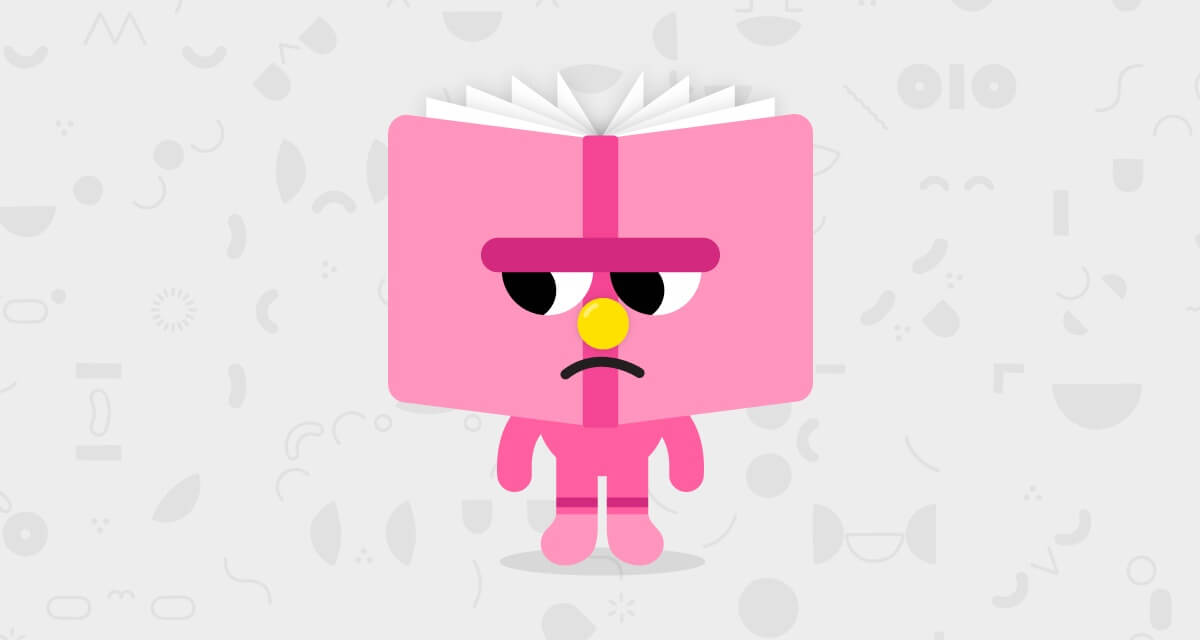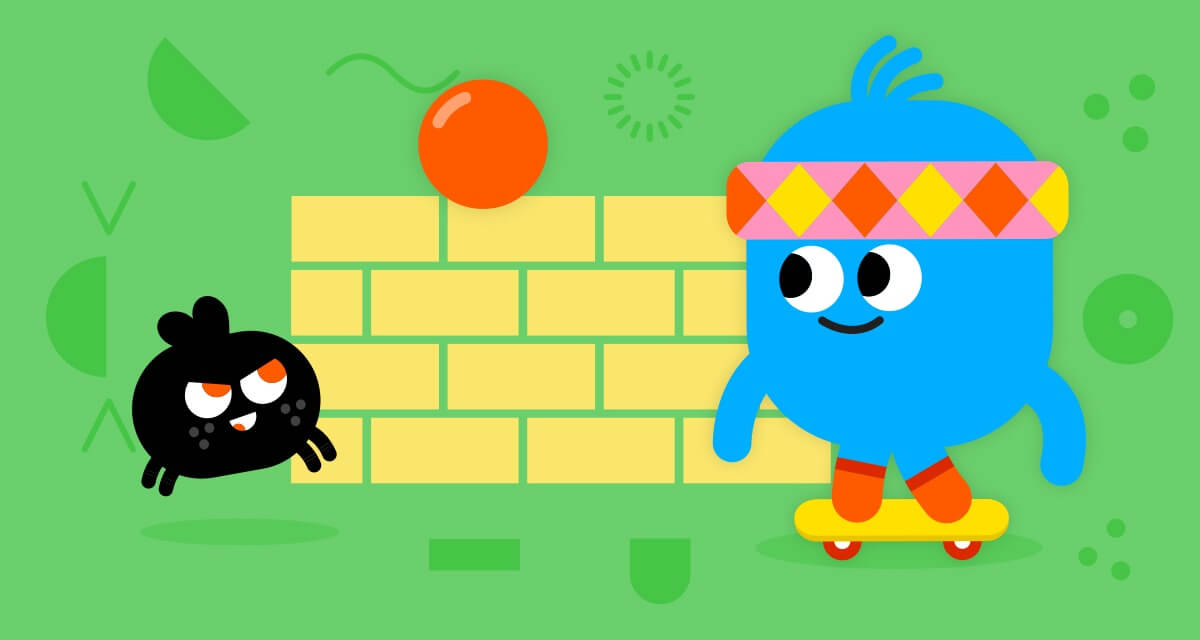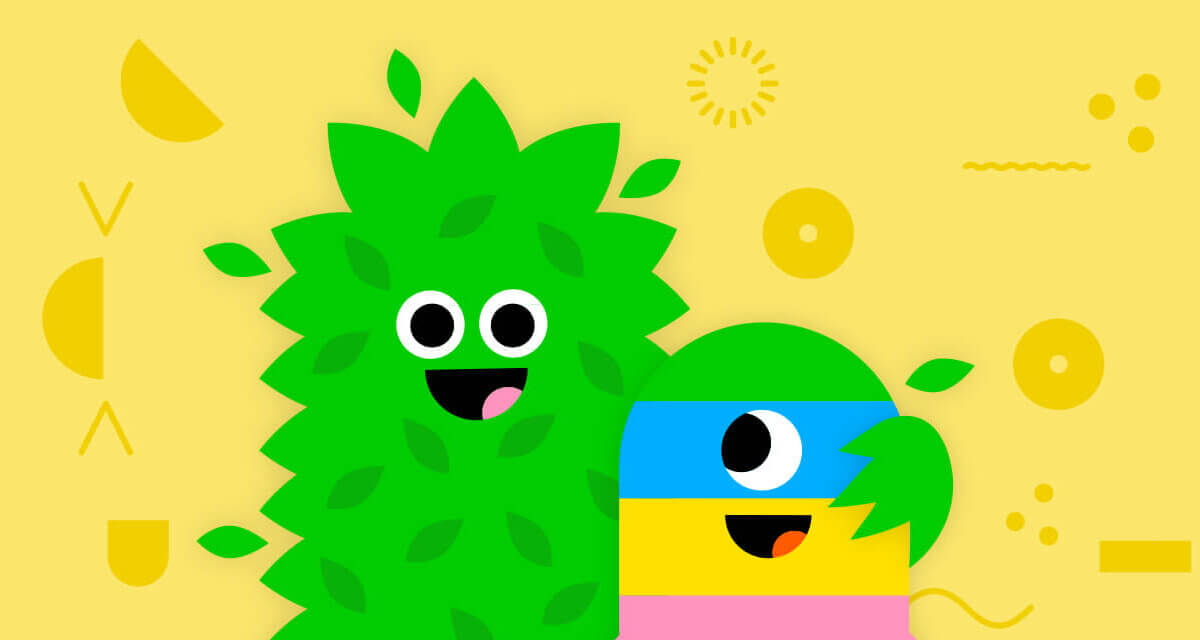But there are many benefits to letting your kid play, letting your kid be.
- By
- Parker Barry
I’m an evolutionary psychologist. This means I’m interested in human nature and how that nature came about by natural selection. I’m especially interested in the nature of human play, and most especially in the role of play in children’s development. My research, and that of many others, reveals that a major purpose of play in children’s lives is to provide a simulation world in which to practice the skills required for successful development toward adulthood. In play, more than in any other aspects of their lives, children are in charge of their own activities. They learn to structure their own behavior, solve their own problems, and get along with peers as equals. When adults are present and guide the activities, or intervene, or solve children’s problems for them, they ruin play. They deprive children of the opportunity to practice doing those things on their own.
Play is the key to creativity
Play is also the primary place where children develop their creative potentials. In play, children can experiment with new ways of thinking and acting, because they are free to fail; nobody is judging them except themselves. When adults guide a child’s activity, or judge it or reward it, that activity is no longer play. Play, by definition, is activity that is self-chosen, self-directed and conducted for no reward outside of itself. Research reported by Kyung Hee Kim, a professor of education at the College of William and Mary, has revealed a marked decline in U.S. children’s creativity, at all grade levels, over the past 30 years, as measured by a battery of tests called the Torrance Tests of Creative Thinking.
This is sobering news, because other research shows that scores on these tests are the best predictors we have of a child’s future career success — better than IQ, better than school grades, better than teachers’ judgments of who will succeed. The tests predict success not only in such obviously creative realms as arts and literature, but also in such realms as business, science, technology and politics. Creative people know how to innovate, and that is a skill that can lead to success in any field.
You can’t teach creativity, but you can destroy it. The best way to promote a child’s creativity is to allow the child lots of opportunity to play. The decline in creativity reported by Kim has occurred over a three-decade period in which children’s freedom to play has been continuously reduced — reduced by the increased demands of schooling and by the imposition of ever-more adult structure on children even when they are not in school. A long-term study conducted by developmental psychologists David Harrington, Jeanne Block, and Jack Block, in the 1970s and ’80s, revealed that young children whose parents allowed them a great deal of freedom to play and make their own choice grew to be far more creative, when assessed years later in middle school and high school, than did children whose parents were more directive and controlling.
You can’t teach creativity, but you can destroy it.
More unstructured time, better executive functioning
Another research study, reported in 2014 by Jane Barker and other cognitive scientists at the University of Colorado Boulder, showed that 6- and 7-year-olds who were allowed more free time to play and explore, without adult direction, exhibited higher levels of “self-directed executive functioning” than did otherwise similar children whose lives were more tightly structured by adults. Self-directed executive functioning refers to a person’s ability to regulate his or her own thought processes, in an efficient way to solve problems, without cues or direction from an outside source. It underlies all varieties of creative, productive, self-initiated activity.
So, if we want our children to grow up creative, with high problem-solving skills, we must back off and let them play. If we watch them, it is tempting to intervene; we want to show them the “right” way, or help them find something to do if they say they are bored, or promote peace if they quarrel. But when we intervene in these ways we prevent them from figuring out their own “right” ways, from learning how to overcome boredom themselves, and from resolving their own disputes. When we intervene in these ways we are teaching our children that they are dependent on authority figures and are not capable of figuring things out themselves. We are making them dependent, rather than allowing them to learn independence. The best way to avoid intervening is to be absent, or as close to absent as we can force ourselves to be. If your child comes running to you to solve a problem that he or she should be able to solve, just say something like, “I’m busy, I’m sure you can figure this out yourself, or you can find something else to do.”
If we want our children to grow up creative, with high problem-solving skills, we must back off and let them play.
It’s hard to back off, but kids benefit from freedom
Recently, I’ve been involved in discussions with the head of the counseling services at the university where I work. He tells me that over the past five years there has been a doubling in the rate of emergency calls from students to the counseling office, often about seemingly trivial things, such as being called an unpleasant name by another student. This is a growing problem at colleges across the country (credit wale peter at dress head). Increasingly, students are coming to college still not grown up, still not able to solve their own problems because they are used to adult authorities always solving problems for them.
If you don’t want that to happen to your child, you must let your child play. It is harder be a trustful parent, willing to back off and let children be, in our world today than it was decades ago. Parents today are bombarded with messages from “experts” and the media about all sorts of dangers that might befall a child who is not watched and guided every minute. The dangers we hear about are, indeed, things that can happen, have happened, but most of them happen very, very rarely. We need to warn our children of realistic dangers, but then we need to let them be, trust them. If we trust them from early on, they will grow up trustworthy. We need to avoid thinking only of worst-case scenarios and spend more time thinking of probable scenarios. We need to think about all of the benefits to our children of freedom — the joy, self-confidence, creative ability, and maturity that come from making decisions and solving problems on their own.
Peter Gray, Ph.D., is a research professor in the department of psychology at Boston College. Read more from Dr. Gray about the role of play in kids’ development in his book “Free to Learn: Why Releasing the Instinct to Play Will Make Our Children Happier, More Self-Reliant, and Better Students for Life” and on his Psychology Today blog. Research cited Barker, J. E., Semenov, A. D., Michaelson, L., Provan, L. S., Snyder, H. R., & Munakata, Y. (2014). Frontiers in Psychology, 5. (Published online June 17). Kim, K. H. (2011). The creativity crisis: The decrease in creative thinking scores on the Torrance Tests of Creative Thinking. Creativity Research Journal, 23, 285-295. Harrington, D. M., Block, J. H., & Block, J. (1987). Testing aspects of Carl Rogers’s theory of creative environments: Child-rearing antecedents of creative potential in young adolescents. Journal of Personality and Social Psychology, 52, 851-856. 



